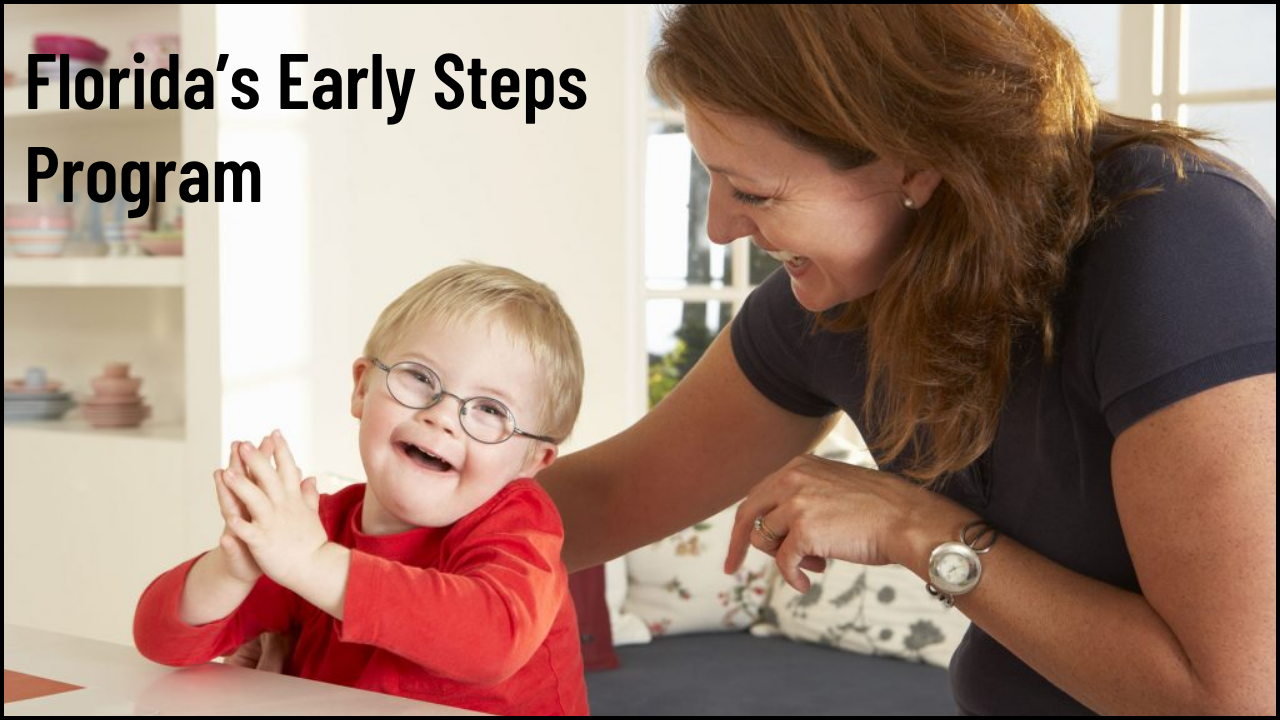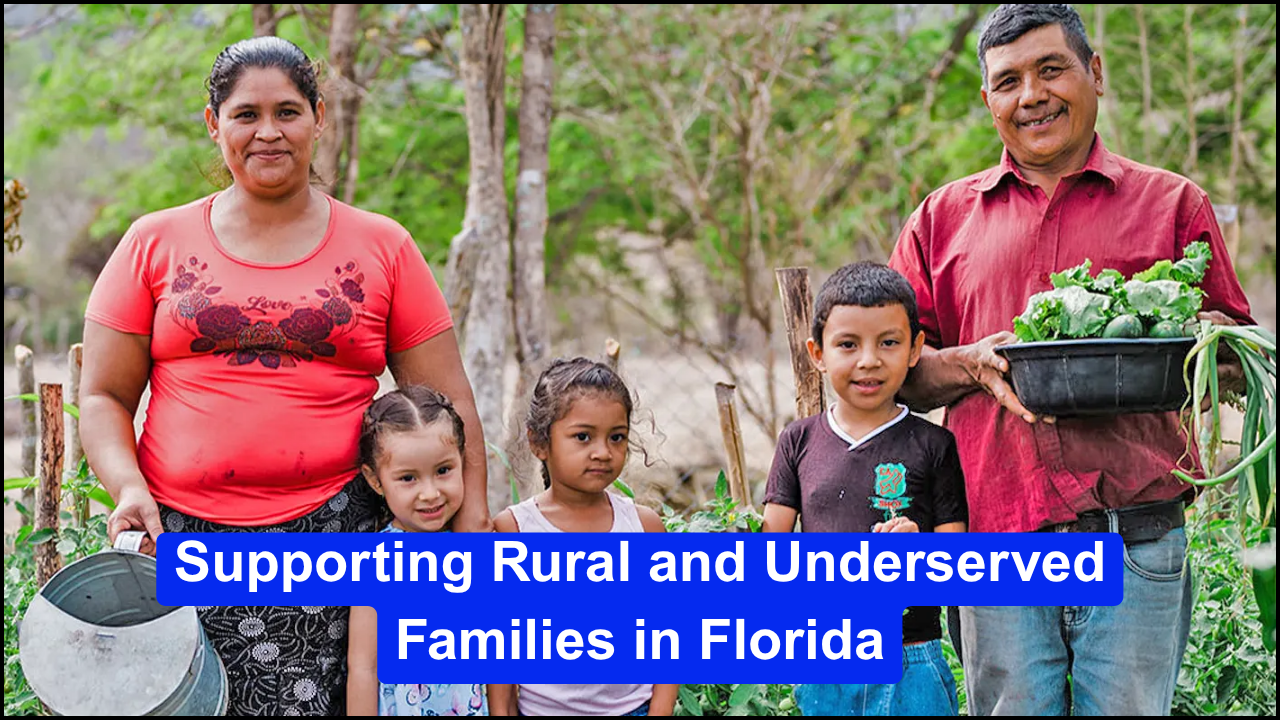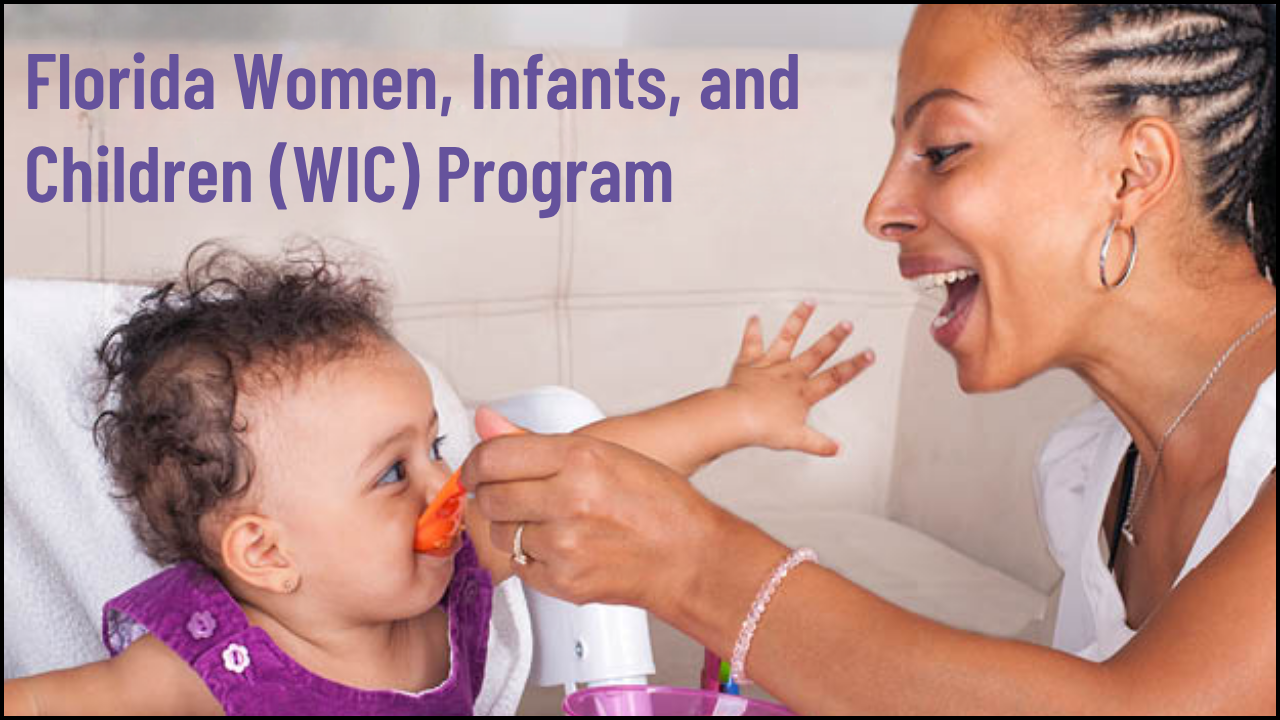
Early development plays a vital role in shaping a child’s future. Individualized Family Support Plans (IFSPs) are structured, family-driven tools used to enhance the development of infants and toddlers with developmental delays. These plans are not just documents; they are personalized action roadmaps crafted in collaboration with families to address a child’s unique needs during the crucial early years.
Table of Contents
Core Concepts of Individualized Family Support Plans (IFSPs)
An IFSP focuses on building a support system based on family insights, cultural values, and developmental priorities.
- Parent Expertise is Valued
- Parents provide the deepest insight into their child’s behavior, habits, and needs.
- Family members participate fully in assessments and goal-setting.
- Holistic Family View is Emphasized
- Family routines, environments, and cultural values are included in planning.
- Services are designed to align with the child’s daily life, making them practical and effective.
- Partnerships Drive Progress
- Providers and families form equal partnerships in creating and adjusting the IFSP.
- Collaboration ensures that services are not imposed but adapted to family preferences.
Key Elements Discussed During IFSP Development
Each IFSP is developed through thoughtful discussion and professional observation. The following areas are explored thoroughly:
- Child’s Developmental Progress
- Assessment of motor skills, communication, cognition, and social-emotional behavior.
- Identification of developmental delays, if any, to target support appropriately.
- Family’s Immediate Needs
- Consideration of daily struggles, such as feeding, mobility, or communication.
- Evaluation of the emotional and physical support required by the family.
- Concerns, Priorities, and Resources
- Parents list worries or hopes regarding their child’s growth.
- Existing family and community resources are acknowledged for integration.
- Daily Routines and Settings
- Real-life environments like home, daycare, or playgrounds are studied.
- Services are woven into everyday activities to reduce disruption and increase success.
- Future Goals and Developmental Outcomes
- Specific, measurable objectives are outlined for short- and long-term progress.
- Families define their aspirations, from social interactions to mobility or speech improvement.
- Transition Planning
- Strategies are included to prepare for the child’s shift out of Early Steps, often into preschool programs.
- Focus is placed on continuity, ensuring that no developmental gains are lost.
Core IFSP Topics and Their Focus Areas
| IFSP Component | Purpose and Focus |
|---|---|
| Developmental Assessment | Evaluates cognitive, motor, language, and emotional growth |
| Family Concerns | Highlights issues parents see as most urgent or impactful |
| Daily Routines Review | Aligns support with real-life schedules and common environments |
| Goal Setting | Sets realistic, family-centered developmental outcomes |
| Resource Mapping | Uses current family/community strengths and adds external support if needed |
| Transition Activities | Prepares child for the next phase (e.g., school) with structured supports |
IFSP Goals and Outcome Planning
Effective IFSPs are built on Specific, Measurable, Achievable, Relevant, and Time-bound (SMART) goals. These goals are often documented with activities and milestones.
- Examples of Development Goals:
- Improve expressive language skills (e.g., saying 10 new words in 3 months).
- Enhance motor coordination through daily play exercises.
- Increase social interaction with peers through structured group activities.
- Service Planning Includes:
- Frequency and duration of therapy sessions (e.g., speech or occupational therapy).
- Locations for service delivery (home-based, clinic, or child care center).
- Names and responsibilities of service providers involved.
Sample IFSP Goals and Activities
| Goal | Activities Planned |
|---|---|
| Enhance verbal communication | Daily reading sessions, speech therapy twice a week, and naming objects during routines |
| Improve fine motor skills | Block-building play, finger-painting, therapist-led exercises |
| Develop social interaction | Scheduled playdates, group story time at daycare, and turn-taking games |
Role of the Service Coordinator and Family Resource Specialist
- Service Coordinator Responsibilities:
- Acts as a bridge between families and service providers.
- Schedules evaluations, ensures services match the IFSP, and monitors progress.
- Family Resource Specialist Contributions:
- Provides educational materials, emotional support, and guidance throughout the process.
- Helps families navigate the early intervention system and access local resources.
Parent Involvement in IFSP Review and Revisions
IFSPs are not static documents. They are reviewed every 6 months or sooner if the family requests.
- Reevaluation is triggered by:
- New developmental concerns.
- Achieving previously set goals earlier than expected.
- A major change in the child’s living environment or family circumstances.
- Parent Feedback Shapes Adjustments:
- Updates are made in close discussion with the family, ensuring relevance and satisfaction.
- Flexibility in services ensures the child’s needs continue to be met effectively.
IFSP Review Schedule and Triggers
| Review Milestone | Trigger/Event |
|---|---|
| 6-Month Review | Standard check-in for all active IFSPs |
| Annual Review | Comprehensive reevaluation and goal refresh |
| As Needed | Parental request, change in development, or environmental shift |
Transition Out of the Early Steps Program
Every IFSP includes a plan for transitioning the child to new services once they turn three or no longer qualify for early intervention.
- Key Elements of Transition Planning:
- Notification to the local school system or new service agency.
- Meetings with new providers and the family to exchange information.
- Support with paperwork, assessments, and service continuity.
- Goal is to Ensure:
- Seamless handover of care and support.
- Continued progress without regression.
- Empowered parents who understand the next steps.
Moving Forward
Individualized Family Support Plans serve as empowering tools for families navigating early developmental concerns. These plans go beyond checklists—they recognize the central role of parents and adapt services to real-life needs and aspirations. With the active involvement of families, developmental specialists, and coordinators, IFSPs provide a strong, collaborative foundation that supports each child’s unique growth path.





